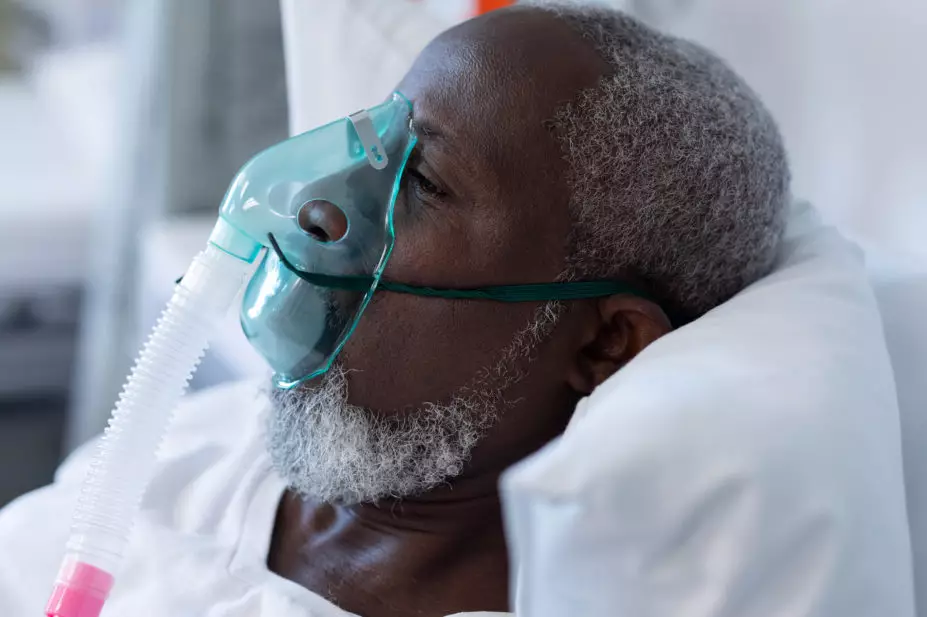
Shutterstock.com
Patients infected with both COVID-19 and influenza at the same time are more than four times more likely to require ventilation support and more than twice as likely to die, compared with just having COVID-19, research published in the Lancet has suggested.
The study was delivered as part of the International Severe Acute Respiratory and emerging Infection Consortium’s Coronavirus Clinical Characterisation Consortium; the largest study to look at COVID-19 and other endemic respiratory viruses.
The researchers examined the clinical outcomes of 212,466 patients co-infected with COVID-19 and either influenza, respiratory syncytial virus (RSV) or an adenovirus, who were admitted to hospital in the UK between 6 February 2020 and 8 December 2021.
Tests for respiratory viral co-infections were recorded for 6,965 patients with COVID-19 and, overall, viral co-infection was detected in 583 patients. Of these, 227 had influenza viruses, 220 had RSV and 136 had an adenovirus.
After carrying out a weighted multivariable regression analysis, the researchers calculated that, for patients who had co-infection with influenza and COVID-19, the need for invasive mechanical ventilation increased by more than four times (odds ratio [OR] 4.14, 95% confidence interval [CI] 2.00–8.49). In contrast, those with COVID-19 and co-infection with adenovirus or RSV did not have an increased need for mechanical ventilation.
In terms of in-hospital mortality, for those with COVID-19 and influenza, the risk was more than two times higher (OR 2.35, 95% CI 1.07–5.12) when compared with those who only had COVID-19. The risk of mortality was also found to be increased in those who had co-infection with adenoviruses (OR 1.53, 95% CI 0.67–3.33).
The authors said that the findings had “several” implications for policy.
“First, our results provide further support for vaccination against both SARS-CoV-2 and influenza viruses.
“Second, they suggest that testing for influenza viruses is important in hospital in-patients with COVID-19 to identify patients at risk and a cohort of patients who might have different responses to immunomodulatory and antiviral therapy.”
Kenneth Baillie, professor of experimental medicine at the University of Edinburgh, which was involved in the study, said the findings would be particularly important as countries decrease the use of social distancing and containment measures.
“We found that the combination of COVID-19 and flu viruses is particularly dangerous,” he said.
“We expect that COVID-19 will circulate with flu, increasing the chance of co-infections. That is why we should change our testing strategy for COVID-19 patients in hospital and test for flu much more widely.”


